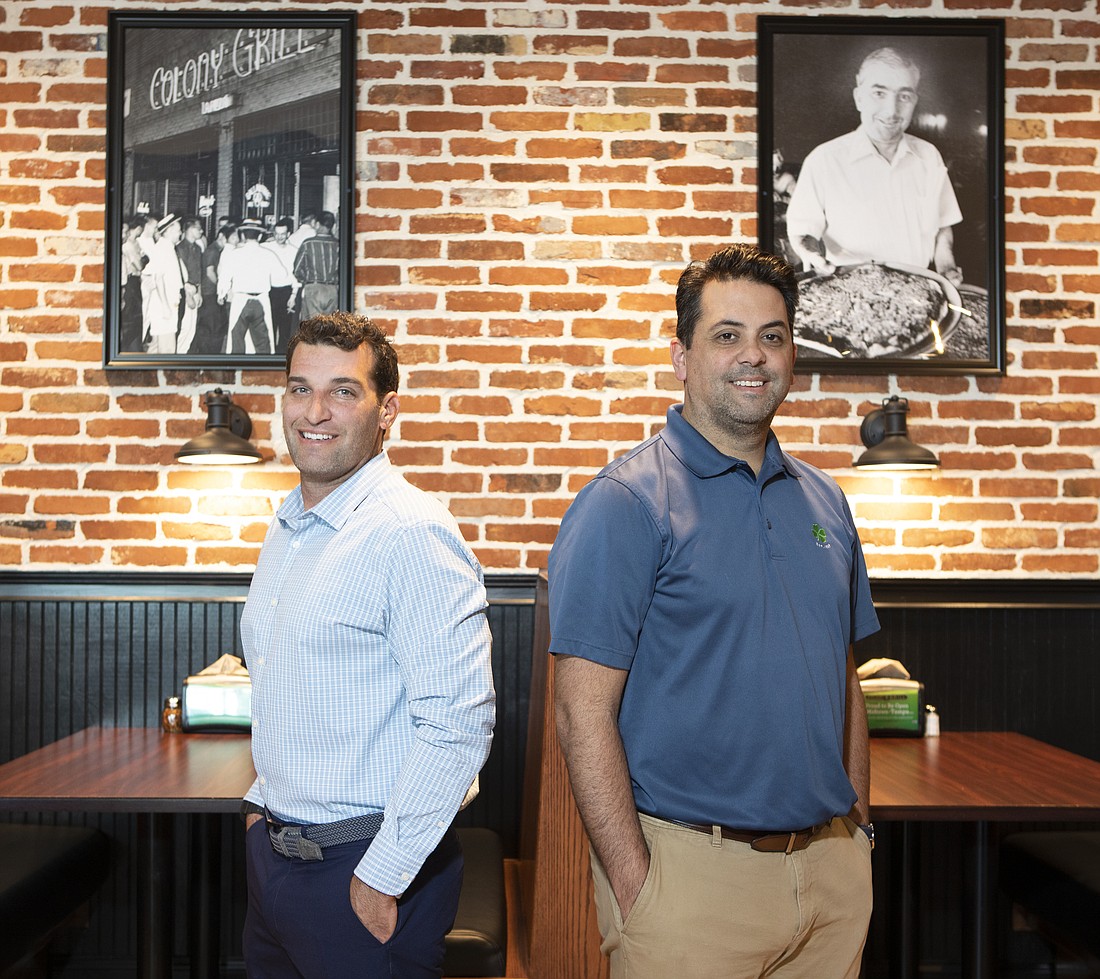- December 15, 2025
-
-
Loading

Loading

Do you like hot oil on your pizza? What about an entire salad? If so, you’re probably a fan of Colony Grill, the New England restaurant chain that debuted in 1935 in Stamford, Connecticut, and has recently arrived in the Tampa Bay region.
With a four-leaf clover logo and interior décor reminiscent of an Irish tavern, Colony Grill isn’t your typical pizzeria — and forget about finding fish ‘n’ chips or bangers and mash on the menu. An abundance of beers are on tap, but if you’re hungry, you’ve got three choices: pizza, pizza and more pizza.